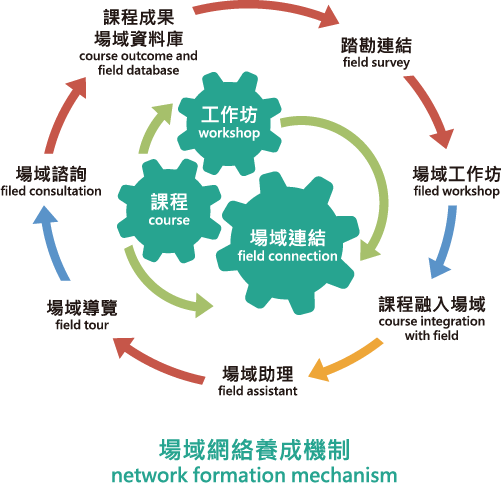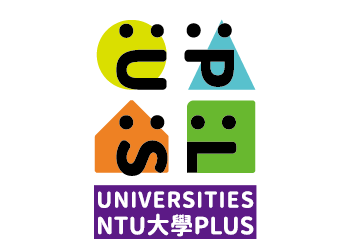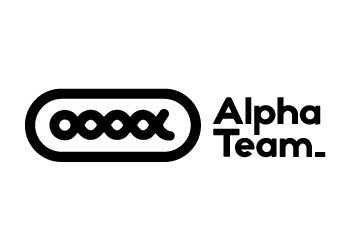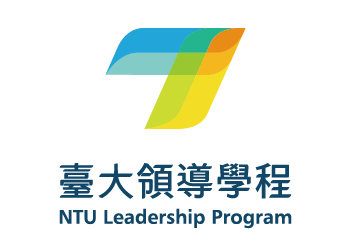The College of Design and Innovation(Stanley Wang D-School@NTU ) is committed to inspire action for a brighter future. Since its founding in March 2015, the D-School has emphasized on education in innovation and creativity, with the goal of creating a learner-centered, interdisciplinary environment for teaching and research. The D-School originated as a functional unit on the school level and Taiwan’s first “virtual college” with physical space and offline courses. In August 2021, the D-School was transformed into a functional college that is both teaching and research-oriented, with “Creativity, Innovation, Entrepreneurship, and Creation” as its ethos. As an experimental sandbox in teaching and research for Future NTU, the D-School established the “Trans-disciplinary Bachelor Degree Program” to bring together R&D and innovative courses and programs from various NTU colleges and units, with the objectives of adapting to current trends and a changing world, as well as cultivating interdisciplinary talent.
We inspire societies to
change our world
for better future+
About D-School
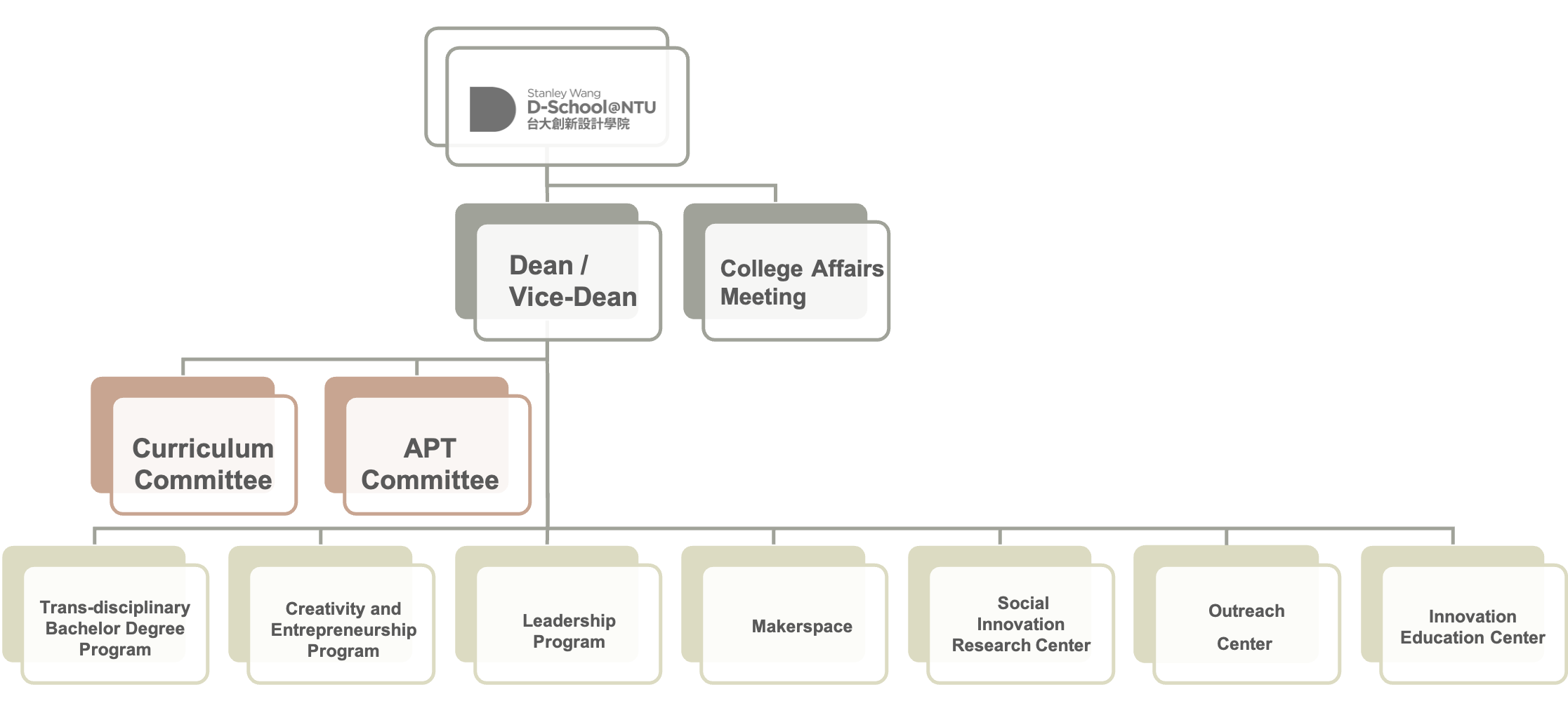
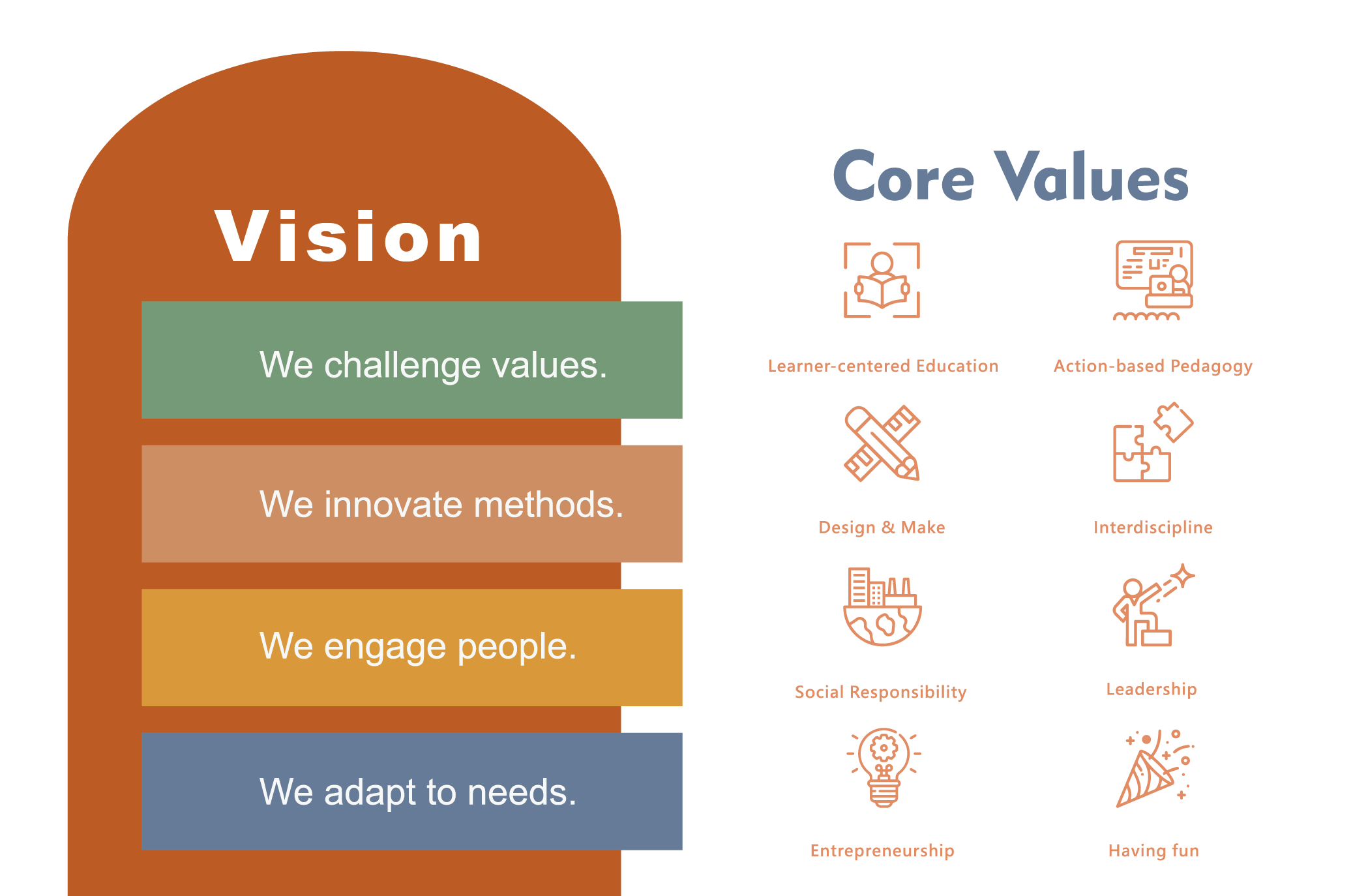
About Organization
The Innovation Education Center offers some 80 courses every academic year with nearly 2000 total enrollments. These courses emphasize on addressing social issues and promoting interdisciplinary learning and hands-on experiments. Operating under the concept of “Learning by Doing and Doing by Learning”, students are encouraged to bring their ideas into fruition. The Innovation Education Center incorporates five Specialization Programs:Innovative Community, Regional Revitalization, Design Thinking, Interaction Design, and Audiovisual Art Design. The courses, “Design Thinking” and “Design Your Life”, are conducted in a peer-coaching model, encouraging active learning. Students participating in these courses can generate innovative ideas through interdisciplinary discussions with peers from diverse backgrounds, hands-on activities, and self-reflection.
Four Major Course Groups
Mindset Courses

MindsetThese courses cultivate in students the mindset needed to solve problems. The courses include Introduction to Design Thinking, Needs Inquiry, Designing Stories, etc. Courses.
Skill Courses

The courses help students practice new skills and strengthen the formation and execution of innovative thinking procedure. The course include Woodworking Practice, Prototyping Practice, Music Design and Innovative Application, Filmmaker Bootcamp, etc.
Project Courses

These courses help students integrate multiple skills to explore every day issues like energy, population, transportation, housing, agriculture, environmental protection, senior care, and medical care, and to create innovative solutions. Courses include Innovative Vehicle Design, Warm Technology, Smart Aging Design, User′S Space Construction, and Principles and Practices of Global Innovation.
International and Corporate Project

Focusing on international or corporate issues, NTU students build teams with external partners and institutions to jointly develop innovative outcomes. These activities prepare NTU students to enter the job market and enrich their international perspec5 tives.
Core Competence
Mindset

Nurture T-shaped talent for horizontal, cross-disciplinary learning, communication, and collaboration.
Making
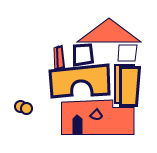
Cultivate proactive attitudes and capabilities to make things happen.
Analysis

Cultivate the ability to quantify and analyze available resources and data.
Creativity

Elevate capabilities in innovative thinking.
Storytelling

Improve the ability of individuals and groups to describe and communi5 cate in order to convey messages effectively.
The D-School has incubated teams such as the “Alpha Team” and “Team of Design Thinking Coaches” to foster a culture of diverse innovation and initiation in society. These teams have gained experiences in applying design thinking models to work and life through course support, professional counseling, corporate consulting, and project execution. They have developed teaching models that can be tailored to the needs of corporations, NGOs, and government departments based on their previous experiences. Through short-term workshops, the teams assist institutional partners in introducing the basic concepts of design thinking to their organization and design contingent projects that align with the workshop participants’ and partners’ unique characteristics. The projects continue to make an impact after the workshops.

Contact|Rax Liu
TEL|(02) 3366-1869#55383
E-mail| raxliu@ntu.edu.tw
The Makerspace provides a space for teachers and students to conduct hands-on experiments to verify their designs. Its objective is to foster the “maker spirit” on campus and spur innovative manufacturing techniques. Participants are encouraged to share manufacturing know-how and bring their ideas to life. It provides various traditional and digital manufacturing equipment for users to quickly build prototypes, conduct repeated tests, revise designs, and ultimately arrive at a viable solution. The Makerspace also holds various practical workshops, for example on woodworking, leatherworking, surface treatment, and multirotor and control panel making.
Bachelor Degree & Credit Program
The NTU Trans-disciplinary Bachelor Degree Program encourages students to think outside the box and design individualized fields of study. Each student designs an original field of study and creates a personal curriculum. Within the 128 required credits for graduation, 90 credits are chosen based on the newly designed discipline. The program offers participants a comprehensive support system. Learning coaches and assigned mentors advise students as they progress in their exploration of chosen topics. Students would develop active learning skills and the ability to address ever-changing, complex social issues.
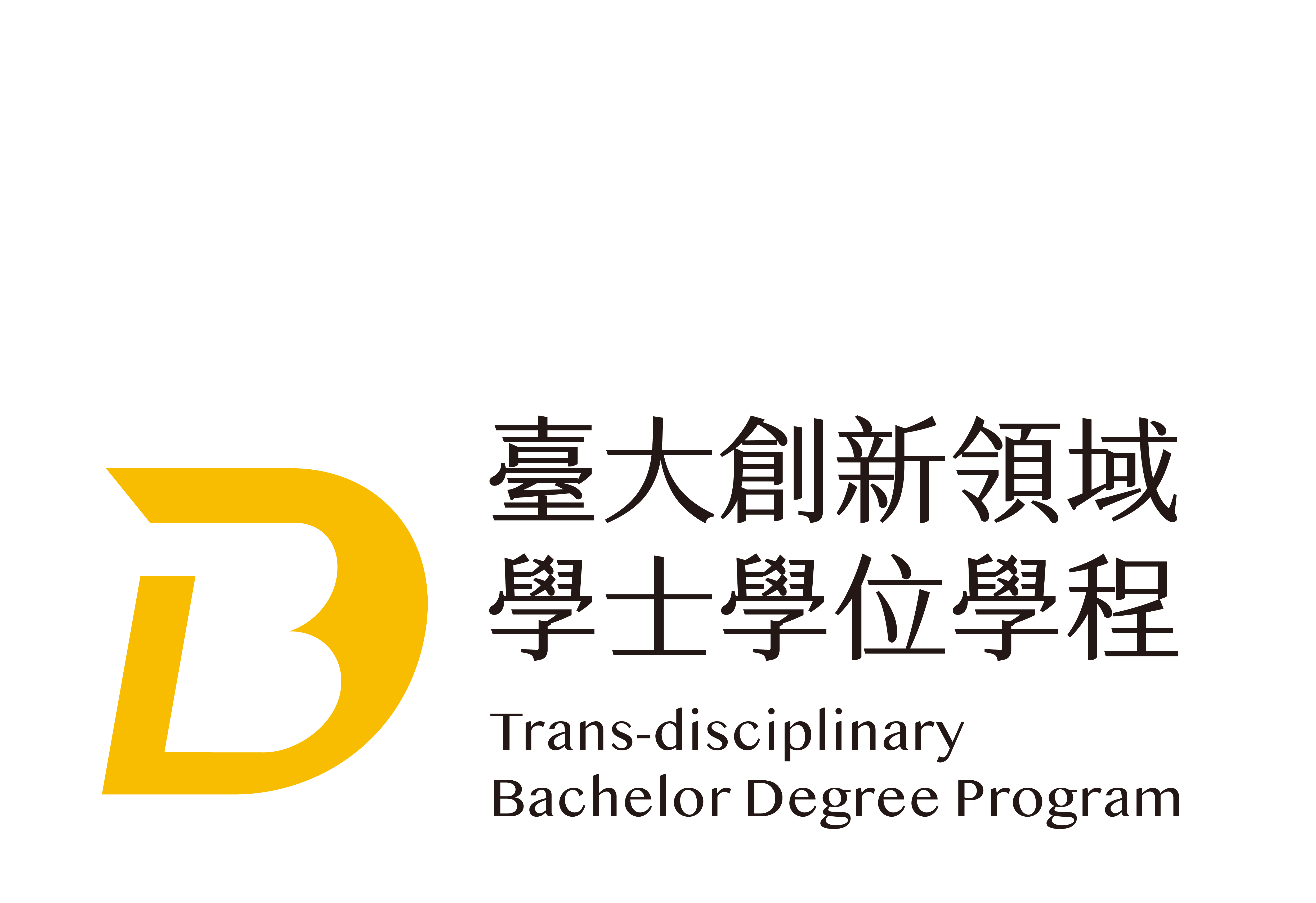
Contact|Vivian Shih
TEL|(02) 3366-1869 #4
E-mail| ntutbd@ntu.edu.tw
The NTU Creativity and Entrepreneurship Program promotes the learning, practicing, and guidance of creativity and entrepreneurship on campus. Students of the NTU Triangle Alliance will gain knowledge in interdisciplinary entrepreneurship, practical business design, and learn to propose creative ideas. Students are encouraged to propose effective solutions and learn to persist in problem-solving, even in the face of failure. The program also encourages students to turn their ideas into career-defining entrepreneurial opportunities.
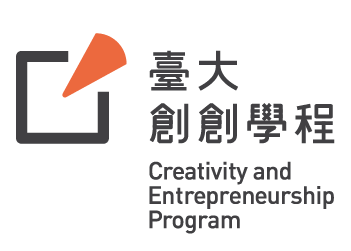
Contact|Yi Lin Tasi、Yu Hsuan Chen
TEL|(02) 3366-5264 #1 #2
E-mail| ntucep@ntu.edu.tw
The NTU Leadership Program aims to cultivate a leadership mindset, communication skills, and problem-solving abilities. Guided by the core values of teamwork, altruism, action, and impact, the program encourages students to identify necessary changes in their daily lives, address various issues, and discover their potential and future paths. Through teamwork, students will serve their community and make a positive impact.
Contact|Ting Yi Kang、Tzi Yun Wu
TEL|(02) 3366-5264 #3 #4
E-mail| ntuleadership@ntu.edu.tw
Project
Under the traditional curriculum, students would have to take a leave of absence to engage in “extracurricular activities” such as starting a business, volunteering in rural areas, exploring future paths, and conducting field studies. With the Exploratory Learning project, students can now maintain their student status and continue to have access to the university’s resources while learning off-campus for up to two semesters. The Exploratory Learning course is listed for two credits.
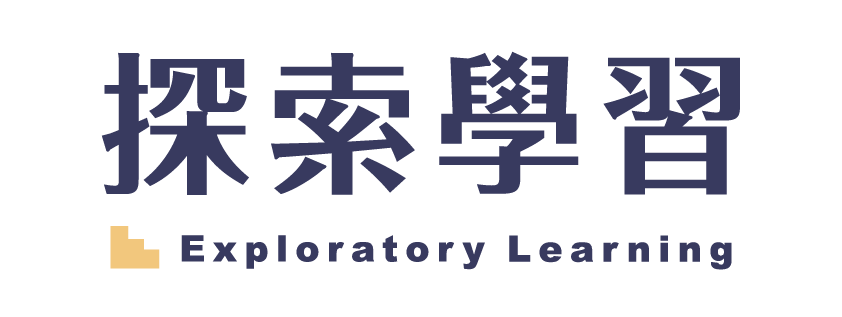
Contact|Elly Hsu
TEL|(02) 3366-1869 #5
E-mail|tzuyi@ntu.edu.tw
The Design Your Own Courses project embodies the learner-centered spirit of modern universities. To encourage active learning, the project invites students to design a course from scratch to enhance the abilities or address issues they deem important. Once approved, the D-School provides necessary venues, equipment, and funding to set up the course. The creators and participants of the course will continue to actively learn and grow through the experiences gained from the course.
Contact|Vivian Shih
TEL|(02) 3366-1869 #4
E-mail| vivianshih@ntu.edu.tw

